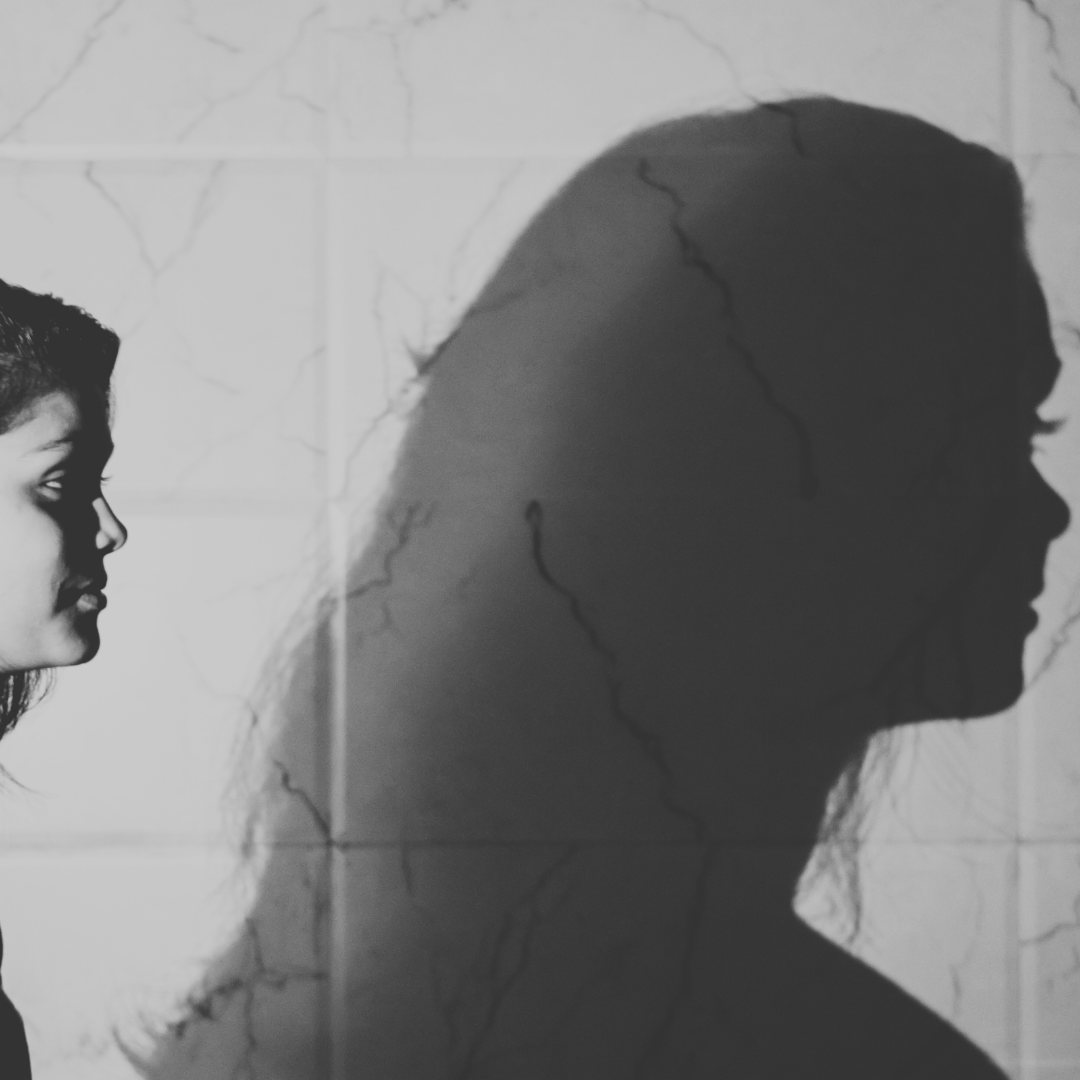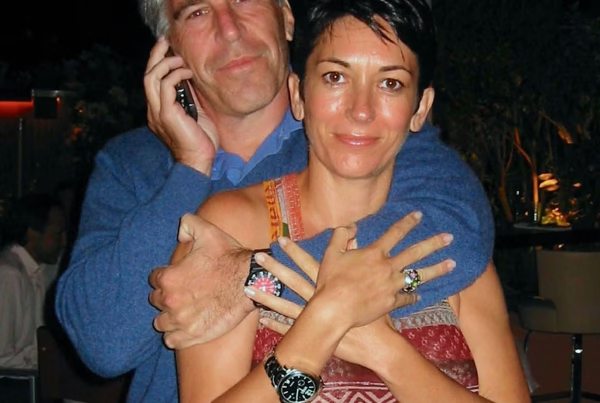As a 24-year-old woman in India, I am still furious, heartbroken, and utterly fed up. The brutal r@pe of a young doctor in Calcutta is not just another horrific headline of the past—it’s a gut-wrenching reminder of the terrifying reality we face every single day. It’s a reality that makes me sick to my stomach, that makes me question why, in this so-called modern world, we are still forced to live in fear simply because we are women.
I grew up being told that modesty was my shield, that if I dressed a certain way, spoke a certain way, and behaved a certain way, I would be safe. What a lie that turned out to be. The truth is, no amount of modesty can protect us in a society that treats women as disposable, where our bodies are seen as fair game, where the onus is always on us to prevent the violence that men commit. I’m tired of this narrative. I’m tired of being told that my safety depends on how much of myself I cover up or conceal. I should be able to wear what I want, say what I want, and go where I want without fearing for my life.
And let’s not kid ourselves—this isn’t just about modesty or personal choices. It’s about the systemic rot in our society that allows such brutality to continue unchecked. The r@pe in Calcutta is a glaring example of how women are left vulnerable in a world that devalues them. The fact that we have to constantly guard ourselves, carry pepper spray, share our locations, and pray we make it home safe is nothing short of an outrage. It’s deeply troubling that the deaths and suffering of those lower in social status often go unnoticed, their lives seemingly invisible to society at large. This indifference exposes the systemic inequality embedded in our culture. The sad reality is that violence against someone from a marginalized background—whether due to caste, class, or economic status—rarely garners the same outrage or media attention as when the victim is from the middle class or above. It’s as if their pain is less significant, their lives less valuable.
This selective acknowledgment starkly reveals the pervasive bias that dictates whose suffering is considered worthy of public outcry. It’s heartbreaking and infuriating that widespread condemnation and demands for justice often only arise when the victim belongs to a higher social class. Every life lost to such brutality should be a catalyst for change, yet the unequal response underscores the deep-rooted disparities that continue to plague our society.
But what enrages me even more is the way these crimes are brushed off, the way the blame is so often shifted onto the victim. How many times have we heard the same disgusting questions? Why was she out late? What was she wearing? As if any of that matters, as if any of that could ever justify the unspeakable violence she endured. I am sick of hearing these questions, sick of the way our society tries to excuse or diminish the heinous actions of men while scrutinizing and condemning the choices of women. The focus should be squarely on the monsters who commit these crimes, not on the women who are forced to live through them.
Let’s talk about privilege, because it’s time we faced the ugly truth. In India, safety is not just about gender—it’s about caste and class. The reality is, women from lower castes or economically disadvantaged backgrounds are disproportionately targeted and brutalized. They are seen as easy prey because our society has decided that their lives are worth less. This isn’t just a failure of our justice system; it’s a failure of our entire society. The fact that a woman’s caste or class can determine whether she is seen as worthy of protection or justice is a damning indictment of who we are as a nation.
The pain, the fear, the rage—I feel it every day. I feel it when I hear about the countless women who have been assaulted, violated, and discarded. I feel it when I walk down the street and see men eyeing me like I’m nothing more than an object. I feel it when I think about my own friends and family, and how easily it could be any of us next. This is not the world we should have to live in.
But intimacy in this country? Don’t even get me started. We’re told to be pure, to be virtuous, to wait until the right time. Yet when we finally decide to open up, to trust, to connect, we’re met with judgment, gossip, and sometimes even violence. Especially if you’re a woman from a marginalized community, the consequences of simply being yourself can be devastating. Intimacy, which should be about love, trust, and mutual respect, is instead wrapped in fear—fear of what people will say, fear of what might happen, fear of being labeled and judged by a society that loves to point fingers but refuses to look in the mirror.
Living as a young woman in India today means constantly walking on eggshells, constantly being aware of the dangers that lurk around every corner, constantly questioning whether you’re doing enough to protect yourself, knowing full well that it might never be enough. It’s exhausting, it’s infuriating, and it’s unacceptable. We deserve better—so much better.
I am done with the excuses, the victim-blaming, and the endless cycle of violence. And yes, I know we’ve heard these words a million times before, but the fact that they need to be repeated again and again only highlights how little has changed. I refuse to accept that this is just the way things are. We need to demand change—real, tangible change. We need to demand a society where women are valued, where our safety is not up for debate, and where intimacy is a choice, not a risk.
I realize these calls for change might sound like clichés by now, but that’s precisely the problem. The rage I feel isn’t just mine—it’s shared by millions of women across this country who are fed up with being treated as less than human. And until this reality changes, we’ll have to keep saying it, over and over, until the message finally gets through.
This is a wake-up call that should shake this country to its core. And yes, I recognize that the media often amplifies cases like these when the victim is from the middle class, catering to an audience that is largely middle-class and English-speaking. This is not to diminish the tragedy, but to highlight how the stories of countless others, often from marginalized backgrounds, are overlooked or ignored. It’s time we stop just talking about change and start making it happen for everyone, not just those whose stories make the headlines.
We owe it to ourselves, and to every woman who has been silenced—especially those whose voices are rarely heard—to fight back with everything we’ve got. This is our time, and I refuse to let it slip.





